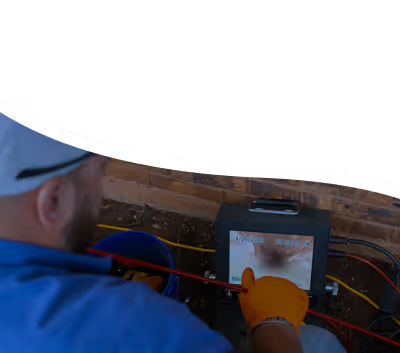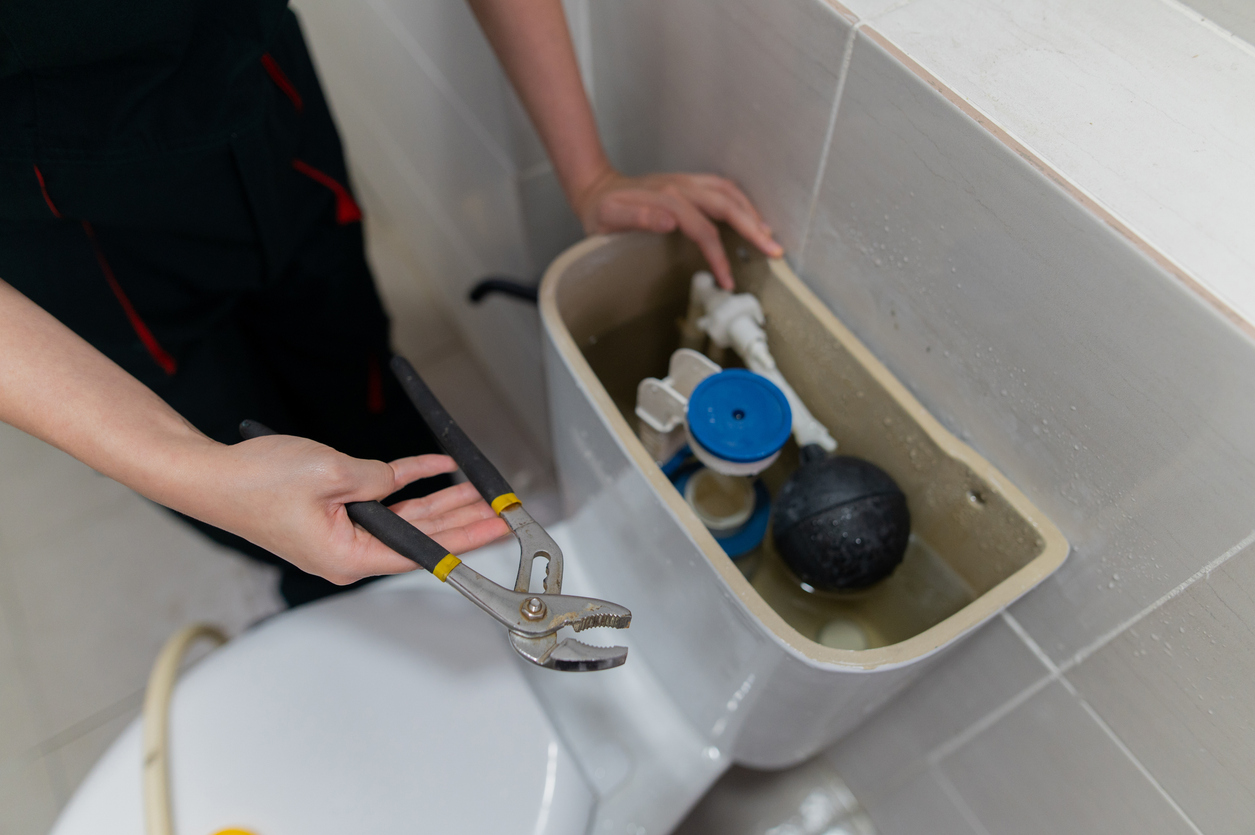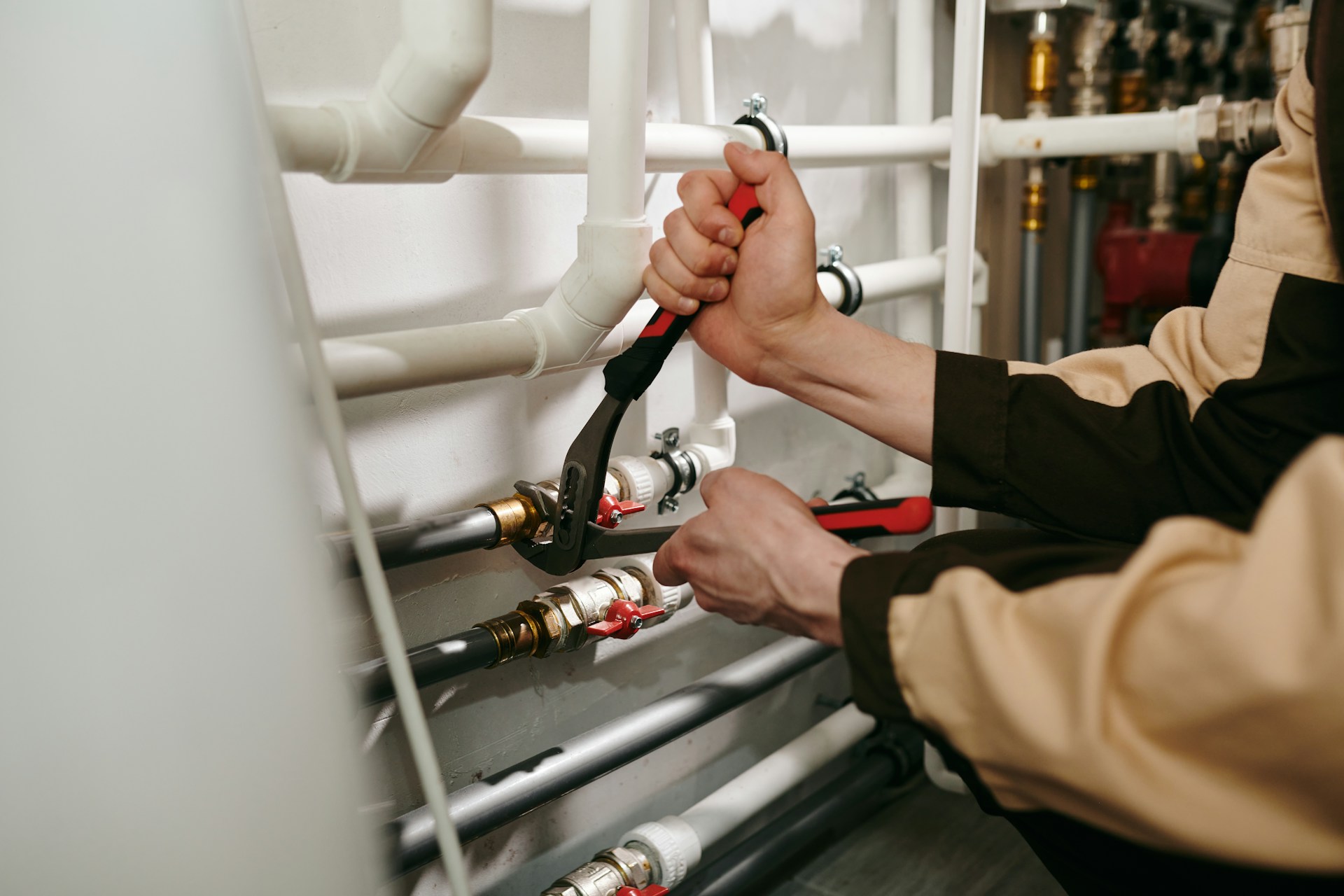During the summer months in Potosi, most homeowners focus on outdoor projects, vacations, and staying cool. However, the heat can do more than raise your electric bill. It can put added stress on your home’s plumbing system. Dry soil, increased water usage, and aging components can all contribute to wear and tear you might not notice right away. Ignoring small issues in the summer could lead to bigger, more expensive problems down the road.
If you live in Potosi, summer is a good time to take care of routine plumbing maintenance before unexpected repairs interrupt your day. Whether you’re spending more time outside watering the yard or noticing slow drains while cleaning up from barbecues, it pays to be prepared. A proactive approach will help keep your plumbing running smoothly through the hottest months of the year.
Check for Leaks
A silent leak may not seem like a big deal, but it can lead to serious water waste and even hidden water damage. During summer, outdoor faucets and hoses get more use, and increased pressure from watering can stress older connections. Inside the home, more frequent laundry and shower routines also put added strain on faucets and piping systems.
Here are a few ways to spot signs of possible leaks:
- Check under sinks and around visible pipes for moisture, rust, or mold.
- Turn on outdoor faucet connections and look for dripping or water pooling nearby.
- Monitor your water bill. If it suddenly jumps without explanation, hidden leaks might be the cause.
- Look for soft or wet spots in walls, ceilings, or on the lawn near where pipes run underground.
Not all leaks are easy to find with a visual scan. Sometimes, the only clue is a steady dripping sound or a musty smell that doesn’t go away. If that’s the case, it may be time for a deeper inspection from a licensed professional who can isolate the problem source before it grows worse.
Inspect and Clean Drains
During summer, drains tend to work overtime. Between kids being home from school, guests visiting more often, and outdoor activities bringing in extra dirt and grime, your kitchen and bathroom drains can clog quicker than usual. To prevent buildup, it’s best to give your drains a check.
One way to keep things flowing properly is with a simple visual and touch-based inspection. Look at the water flow from each drain. If one seems slower than usual, there may be a restriction forming. You might notice an odd odor starting to come from the sink or shower. Gurgling sounds can indicate developing blockages too.
Also, take a closer look at your garbage disposal. It can become packed without warning, especially when food scraps pile up during cookouts. Small steps like running cold water while using it and avoiding grease or starchy waste can keep it working better longer.
While store-bought drain cleaners may appear convenient, they often contain harsh chemicals that eat away at plumbing over time. If you do suspect a problem that won't clear with a plunger or simple flush, don't delay. A small clog can easily escalate into a slow-draining sink or worse if left alone.
Examine Outdoor Plumbing Fixtures
Summer brings heavy use of sprinklers, garden hoses, and exterior spigots. With this increase in usage, even minor plumbing issues can have a real impact. Many homeowners forget to check these parts of the system since they’re not used during cooler months.
Start with these outdoor areas:
- Inspect hose bibs (spigots) for leaks, especially at the base.
- Check sprinkler heads for damage, clogging, or misalignment.
- Make sure hoses haven’t cracked or split from prior winter freezing.
The intense sun and heat in Potosi can dry out washers and gaskets, making them brittle or loose. This leads to drips that often go unnoticed but can waste a surprising amount of water. In some cases, a loose connection or washer replacement may solve the issue. For irrigation systems, spotting dry patches in your lawn while the system is active might signal poor coverage or damaged heads.
Routine attention can help catch these issues early before a small leak in an outdoor faucet becomes a headache causing water pressure drops or higher-than-expected bills.
Test Your Water Heater Before Trouble Starts
Water heaters tend to get overlooked during summer since hot water demand feels lower than during colder months. But this season actually puts a different kind of strain on the system. Sediment buildup, corrosion, or thermostat issues don't take time off, and with regular showers, dishwashing, and laundry, your water heater still works hard every day.
A basic inspection doesn't take long. Start with a simple visual check:
- Look for moisture or rust around the base of the tank.
- Listen for odd sounds like popping, which may indicate sediment buildup.
- Make sure the pilot light (if gas-powered) is lit and burning a steady flame.
If your unit hasn't been flushed in the last year, it's more vulnerable to mineral deposits. These deposits collect at the bottom of the tank and force the water heater to work harder. This extra workload can cause overheating, wear on internal parts, and a shorter overall service life.
Low water temperature, taking longer to heat, or unusually high energy bills can also point to a struggling system. In some homes in Potosi, water heaters are located in the garage or attic, areas that heat up quickly in summer. Temperature extremes in those spots can speed up wear and lead to component failure earlier than expected. If there’s any uncertainty about the system’s condition, it’s a smart move to bring in our technicians who can diagnose and fix issues before they turn into full breakdowns.
Watch for Signs of Low or Fluctuating Water Pressure
Water pressure problems in homes around Potosi can creep up without warning. One day your shower seems fine, the next it runs weak, and your faucets take longer to fill the sink or tub. Summer tends to spotlight these issues since outdoor water use increases across neighborhoods, putting more load on the municipal supply system.
Common signs of possible pressure issues include:
- Faucets starting and stopping while in use.
- Showers not holding a steady pressure.
- Appliances like dishwashers taking longer cycles to complete.
- Outdoor hoses with a noticeably reduced spray.
If you’ve noticed any of those signs, test the pressure on your home’s lines using a gauge. Thread it onto an outdoor spigot and check the reading. Anything drastically high or low might point to a pressure regulator issue or even a hidden leak in the line. Fluctuating pressure can also put strain on plumbing connections, increasing the risk of pipe damage or failed joints.
For families running sprinklers, filling pools, or regularly using outdoor shower fixtures, it’s especially important to make sure your system can handle the increased use. If your water pressure feels too low or spikes suddenly, call in our professionals to perform a more detailed pressure test and inspection.
Have a Game Plan for Plumbing Emergencies
Even with regular maintenance, plumbing emergencies can still happen. A pipe might burst, a water heater could leak without warning, or a backed-up drain can’t be cleared with simple tools. When something goes wrong, time matters. Having a plan in place helps prevent damage and reduce stress.
Preparation should start with a few basic steps:
- Make sure every adult in the house knows where the main water shutoff valve is located.
- Keep a list of important phone numbers—including your local plumber in Potosi.
- Know the signs of emergency-level problems, such as water coming from a ceiling, sewer backups, or no water flow at all.
Creating an emergency response plan saves time during high-pressure moments. For example, one homeowner in Potosi avoided major water damage by shutting off the main valve right after noticing water pooling near their washing machine hook-up. Quick action like that can make a difference between a minor hassle and a major repair.
It’s also wise to keep after-hours contact info handy. Plumbing emergencies rarely wait until it’s convenient, and having someone you trust lined up before you need them will give you confidence during a stressful situation.
Keep Your Potosi Home’s Plumbing in Peak Condition This Summer
Proactive plumbing maintenance goes a long way in protecting your home and giving you peace of mind. Summer activities, increased water usage, and hotter temperatures all add extra pressure on your system. Catching small issues early—like a dripping faucet or slow drain—prevents them from becoming disruptive problems that interfere with your daily routine.
Whether you're running sprinklers, hosting backyard gatherings, or just trying to keep cool, your plumbing should support your summer plans without concern. Regular checks throughout the warmer months keep things running smooth and reduce the risk of mid-season surprises.
A seasonal inspection now helps you avoid last-minute calls later. And if anything seems off—whether it's unusual water pressure, recurring clogs, or questionable fixture leaks—it's time to bring in our professionals for a closer look before the problem grows.
If your plumbing system shows signs of wear during these hot months or you simply want to prevent unexpected issues, Midway Plumbing can help you maintain a hassle-free summer in Potosi. When you need a plumber in Potosi who can assess and address small problems before they turn into costly repairs, our professionals are ready to support you. For a quick estimate or to book a service visit, please contact us today.


.webp)







